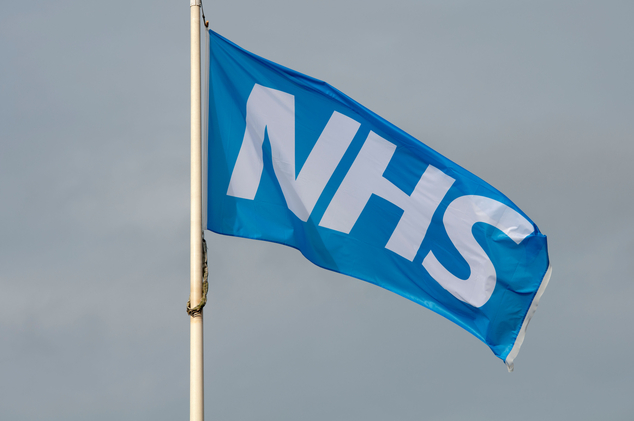Medical leaders call for the introduction of a third-party to help reach a deal between the government and junior doctors, as strike action continues.
The Academy of Medical Royal Colleges, has urged government to “rapidly engage with an independent organisation” in order to bring an end to the current ‘deadlock’.
The AoMRC, which unites leading doctors and surgeons has said prolonged industrial action was having a “serious impact”.
The announcement comes as medical leaders fear that unions such as the BMA and the RCN could coordinate their strike action, arranging them in consecutive succession which would further impact the NHS and its patients.


Ambulance workers from the Unite union announced on Wednesday that they would strike at the same time as nurses and teachers on 2nd May.
Last week’s strike by junior doctors resulted in nearly 200,000 cancelled appointments and operations.
But, the Department of Health has previously said it would not involve a third party. The government has repeatedly said that calls for a 35% pay rise by junior doctors are “unreasonable”, but that ministers are happy to reach a ‘fair agreement’.
The Academy of Medical Royal Colleges said a third-party was neccessary for the sake of patients.
Professor Dame Helen Stokes Lampard, Chair of the AoMRC told the BBC’s Today programme:
“I’m gravely concerned. Patients are suffering. The doctors are suffering too. It needs to be brought to a conclusion.
suggesting that the government’s claims that they are willing to have constructive talks were not yet coming into fruition, she said:
“Before you can even start to have negotiations you have to have preliminary talks,” and those are not yet happening”.
It is clear that these strikes have divided MPs. During Prime Minister’s Questions on Wednesday, Conservative MP David Davis criticised the junior doctors for causing ‘harm’ to constituents and blaming them for the damage caused by the industrial action. He also said that they had broken the ‘Hippocratic Oath’, and ethical code attributed to the ancient Greek physician Hippocrates, adopted as a guide of conduct for medical professionals.
Data from NHS England showed that 20,470 inpatient procedures had to be rescheduled as a result of the strikes between the 11th and 15th April, along with 175,755 outpatient appointments. A total of 196,225.
An average of 26,145 staff per day were absent from work as a result of the industrial action.
In 2016, the academy intervened and helped broker a deal between junior doctors and the government – but over the introduction of a new contract, not over pay.
It says it now has concerns about both a lack of a solution in the current pay row and the anticipated impact on services and patients that will potentially follow any future action.
As the academy brings together some of the most senior figures in the medical profession and usually stays out of political debates around health, their intervention is significant.
A statement released by the Academy, says:
“We urge both parties to engage swiftly and to enter negotiations with a commitment to work constructively and to offer flexibility.
“To this end both parties need to rapidly engage with an independent organisation to work out how the deadlock can be broken for the sake of patients and the wider NHS.”











